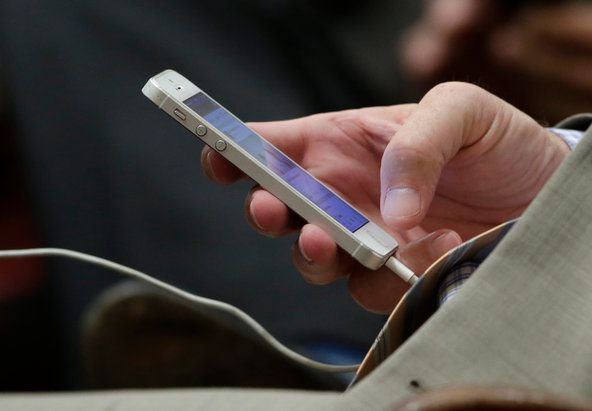- Joined
- Nov 27, 2012
- Messages
- 836
- Reaction score
- 130

There's been a lot of talk recently concerning a potential kill switch that could be deployed into smartphones. And now it seems that this is turning into reality, at least in some parts of the country. Governor Jerry Brown of California signed a law that requires smartphones sold in California to include smarter antitheft technology.
With this new feature, lawmakers hope they will be able to reduce phone theft. Senator Leno, in a statement, said the following:
“Our efforts will effectively wipe out the incentive to steal smartphones and curb this crime of convenience, which is fueling street crime and violence within our communities”
In San Francisco alone, 2,400 cellphones were stolen last year, up 23 percent from 2012. Phone thefts also grew in New York and Washington last year. About 3.1 million devices were stolen in the United States in 2013, nearly double the 1.6 million that were stolen in 2012, according to Consumer Reports.
Jamie Hastings, vice president of external and state affairs for CTIA, said the following:
“Uniformity in the wireless industry created tremendous benefits for wireless consumers, including lower costs and phenomenal innovation. State by state technology mandates, such as this one, stifle those benefits and are detrimental to wireless consumers.”
Mr. Gascón, San Francisco’s district attorney, also added his input:
“Soon, stealing a smartphone won’t be worth the trouble, and these violent street crimes will be a thing of the past. The devices we use every day will no longer make us targets for violent criminals.”
Source: NYT












